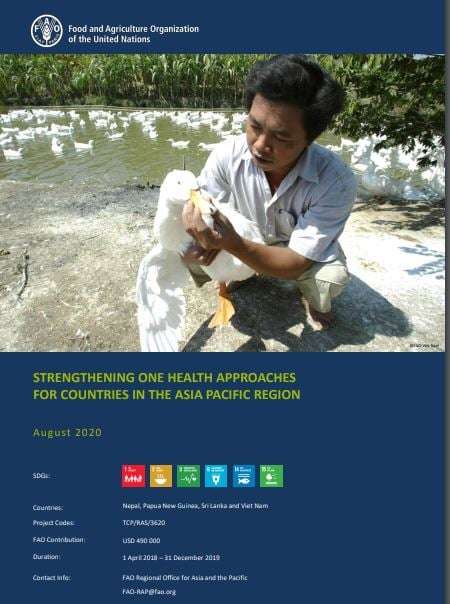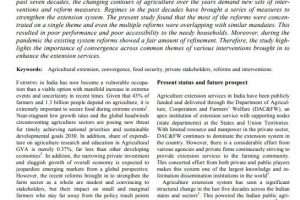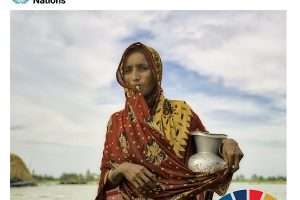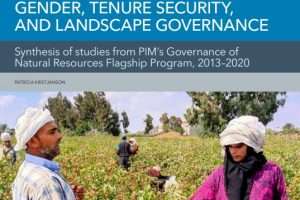Recognizing that the Asia and Pacific region was undergoing profound changes as a result of economic growth, urbanization, migration and climate change, and considering the effect of these changes on agricultural and food systems and the environment with consequences for food production, safety and availability in the coming decades, the 33 rd Asia and the Pacific Regional Conference, held in 2016 requested a Regional Initiative on One Health Priority areas developing FAO’s earlier work on zoonotic diseases and anti microbial resistance ( were identified A Regional Workshop involving 17 countries at which One Health issues in each country were discussed, gaps identified and plans of action proposed was held in Bangkok in October 2017 Following this, three countries Nepal, Papua New Guinea and Viet Nam expressed strong interest in taking part in a regional project Papua New Guinea requested support to raise awareness of food safety and improve biosecurity, including plant health, animal health, hygiene and public health measures Nepal requested assistance in reducing risks to human and occupational health through sustainable agriculture practices and improved food safety to advance nutrition within food systems, in addition to ongoing work on zoonotic diseases and AMR Viet Nam requested support to build capacity and update legal frameworks for pesticide use regulations, residue control for trade and safe and sustainable agriculture production Addressing the use of chemicals for chronic plant health problems and the resulting damage to the ecosystem and improving food safety to advance nutrition within food systems were named as priorities However, at the time the project was implemented, FAO Vietnam did not have an FAO Representative in place Communications between FAO Regional Office for Asia and the Pacific and the Viet Nam country office and the concerned line ministry were considerably delayed By the time a FAO Representative was appointed, much of the implementation period had elapsed and there was little time available to deliver the originally planned activities In addition, the Government of Sri Lanka expressed interest that FAO provide technical support to develop a food safety policy and strategic plan for the country The external review of the food safety system in Sri Lanka, which was conducted by FAO in 2016 identified the non availability of a food safety policy and strategic framework as one of the key gaps in the country’s food safety programme Therefore, the Government requested that the World Health Organization ( and FAO).
Strengthening One Health Approaches for Countries in the Asia Pacific Region
December 10, 2020
61 Views
3 Min Read

-
Share This!




Add Comment